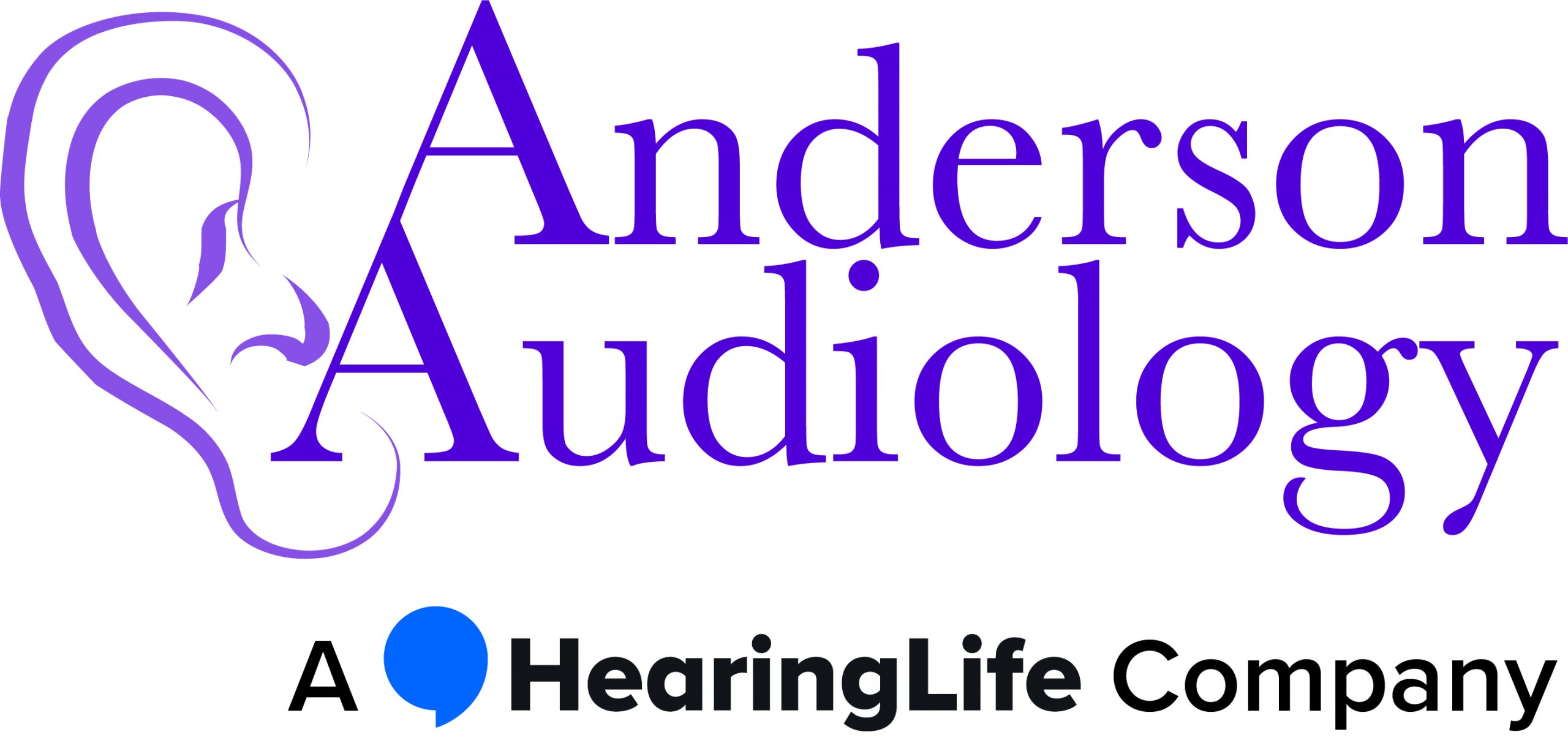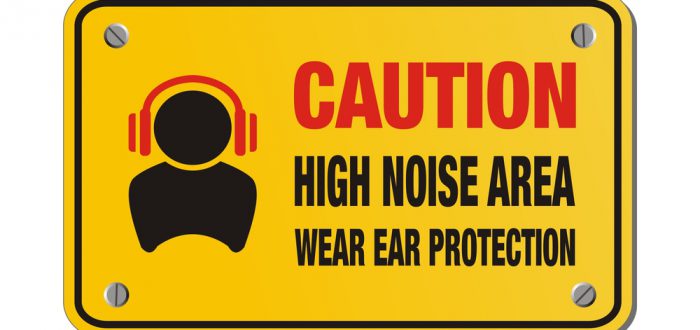The National Institute on Deafness and Other Communication Disorders (NIDCD) estimates that 1 in 4 adults in the U.S. aged 20-69 show symptoms of noise induced hearing loss (NIHL). NIHL can develop over a prolonged period of time. In some situations, it can occur immediately.
Sadly, a growing number of people are affected by this preventable type of hearing loss. Using appropriate hearing protection can help to prevent noise induced hearing loss. This is particularly important when you are exposed to dangerous levels of noise.
Common sources of excessive noise may include sporting events, night clubs, concerts, to name a few.
But have you ever considered how many common hearing hazards you encounter everyday? Or how they may be damaging your hearing? Below, we’re taking a closer look at noise induced hearing loss and common everyday hearing hazards.
What Causes Noise Induced Hearing Loss?
Noise induced hearing loss can affect anyone and at any age. It can happen instantly or over time, and it may be permanent or temporary. This type of hearing loss happens when the structures of the inner ear become damaged.
Sound is measured in decibels. It’s not just how loud a sound is that matters. Another important factor to consider is how long you are exposed to that sound. Both these things are directly related to the risk of damage to your hearing. The recommendation for daily exposure is that you should not exceed 85dB. (Note that sounds above 120dB can cause immediate damage.)
While 85dB is the recommended limit for daily exposure, the length of time you’re exposed is an important factor. For example, you should not exceed 4 hours of exposure to noise levels of 88dB.
This ‘safe level’ of time decreases the louder you get. For 91dB, it would only take 2 hours before damage occurred. To give this some context, a whisper is around 30dB and a normal conversation is 60dB.
Note: repeated exposures to loud noises can damage your hearing!
We recommend downloading a decibel meter application on your smartphone or purchasing an alternative product so that wherever you are, you can test the noise levels you are exposed to.
Common Everyday Hearing Hazards
Now that we’ve covered the facts on noise, let’s look at some hearing hazards you may be exposed to in your everyday life.
At Home
- Refrigerator – 40dB
- Air conditioner – 60dB
- Washing Machine/Dishwasher – 50- 75dB (dependent on age and model)
- Vacuum cleaner – 60-85dB
- Hairdryers vary from 50 – 90dB depending on age and power rating
- Garbage disposal – 80-95dB
Outdoors
- Heavy traffic – 80-85dB
- Gas powered lawn mower or leaf blower – 80-85dB
Potential To Damage Hearing After 15 Minutes:
- Motorcycle – 95dB +
- Approaching subway train – 100dB
Potential To Damage Hearing After 5 Minutes:
- Music played at full volume from a personal device – 105-110 dB
Potential To Damage Hearing After 2 Minutes:
- Shouting, barking dog or car horn – 110dB
- Being near to a siren – 120dB
- Pneumatic drill – 120dB
At Work / Public Venues
- Large office – 50dB
- Hand dryers – 50-90dB
- Ringing telephone – 80dB
- Manual machine tools – 80dB
Awareness of the dangerous noise levels is the first step to help prevent hearing loss. Next is using that knowledge to limit your risks by using hearing protection where possible.
Get Your Hearing Checked Today!
Having regular hearing checks will help you catch any changes to your base level of hearing as soon as possible. Why not book a hearing assessment with the healthcare professionals at Anderson Audiology by calling us on 702-997-2964. Alternatively, click here to request an appointment online.

